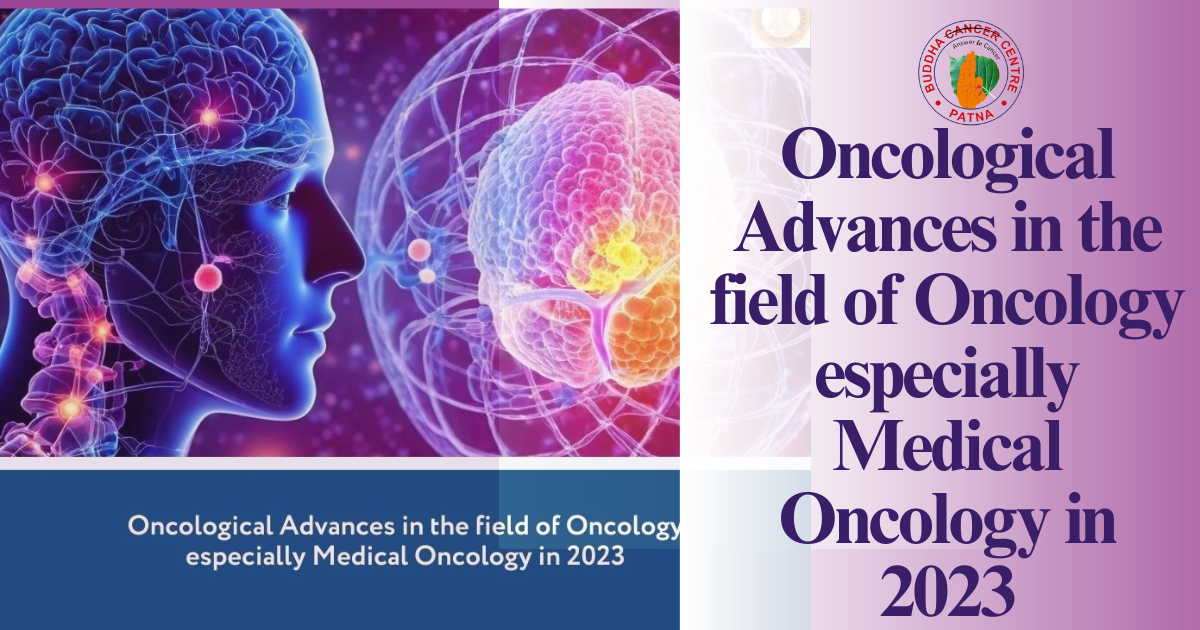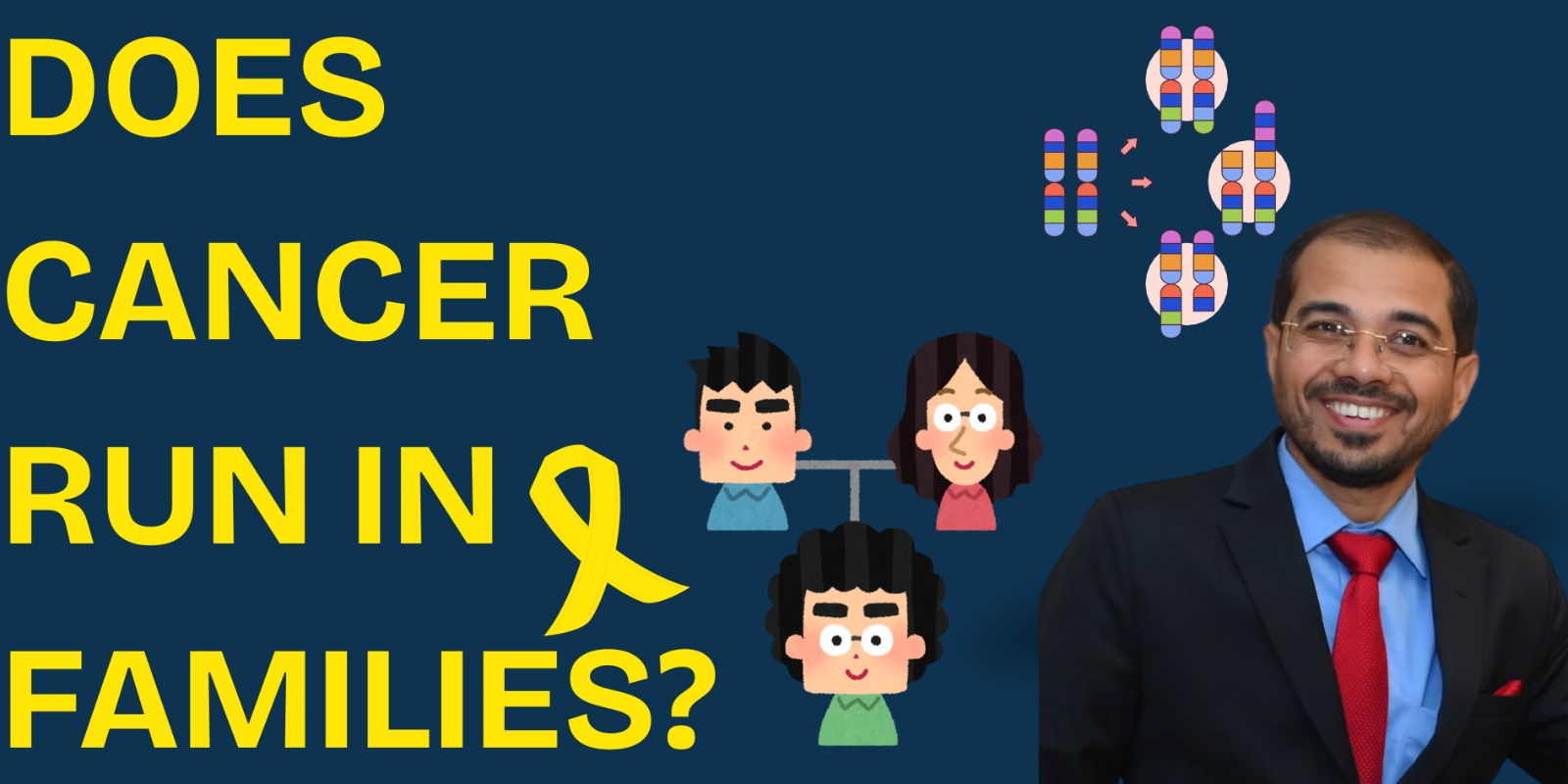


In 2023, the field of medical oncology witnessed significant advances, particularly in precision medicine, immunotherapy, and targeted therapies. These breakthroughs reshaped treatment modalities and improved patient outcomes.
Precision Medicine:
One major stride came from personalized medicine, utilizing genomic profiling and advanced sequencing technologies. Oncologists tailored treatments based on a patient's unique genetic makeup, enhancing therapy efficacy and minimizing adverse effects. Approximately 40% of cancer patients benefited from precision medicine, experiencing improved survival rates and quality of life.
Immunotherapy:
Immunotherapy continued to revolutionize cancer care through refinements in immune checkpoint inhibitors and CAR-T cell therapy. Immune checkpoint inhibitors like PD-1 and CTLA-4 inhibitors showed exceptional efficacy in treating advanced cancers, including melanoma, lung, and kidney cancers. CAR-T cell therapy emerged as a game-changer for hematological malignancies, delivering promising outcomes in certain types of leukemia and lymphoma.
Expanded Immunotherapy Approval:
Immunotherapy, in various forms, gained approval or neared approval across different cancers, demonstrating significant efficacy, especially in PDL1-positive or MMR-deficient cancers. Dostarlimab-gxly's approval in metastatic colorectal cancer with MMR deficiency showcased revolutionary results.
New Targeted Drugs:
Several targeted drugs received approval in 2023, such as Tucatinib in stage 4 breast cancer, Polatuzumab in lymphoma, and Amivantamab in small cell lung cancer with Exon 20 insertion mutation.
Antibody Drug Conjugates:
Exciting combinations of targeted therapy and chemotherapy drugs, known as antibody drug conjugates, demonstrated promising results.
Advancements in CAR T Cell Therapy:
Dramatic improvements were observed in CAR-T cell therapy, with the development of safe and effective indigenous CAR T cells in India.
Affordability of Targeted Drugs:
The cost reduction of targeted drugs like Palbociclib made treatment more accessible for hormone receptor-positive breast cancer patients in 2023.
Challenges in Stage 4 Cancers:
While progress was made, challenges remained for certain stage 4 cancers where effective treatment regimens are yet to be identified.
In summary, 2023 marked the era of precision oncology, emphasizing the use of targeted therapy or immunotherapy drugs for cancer patients, particularly those in advanced stages. The convergence of precision medicine, immunotherapy, innovative diagnostics, AI integration, and collaborative care approaches brought renewed hope and improved outcomes for individuals battling cancer.

